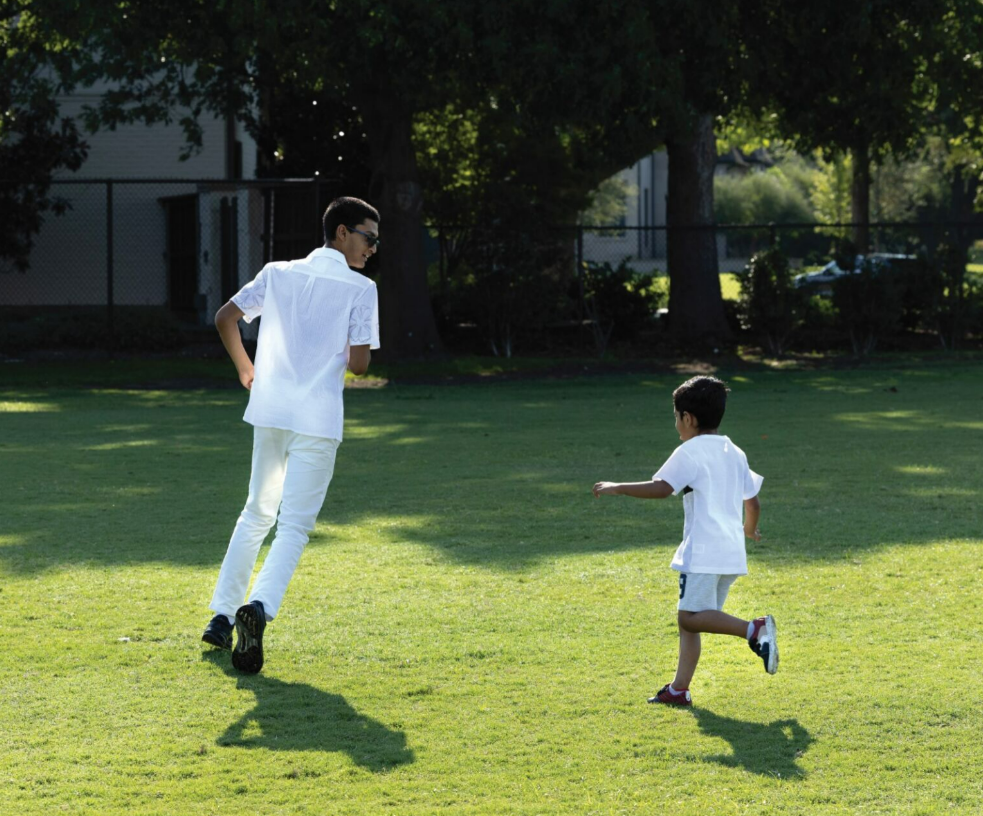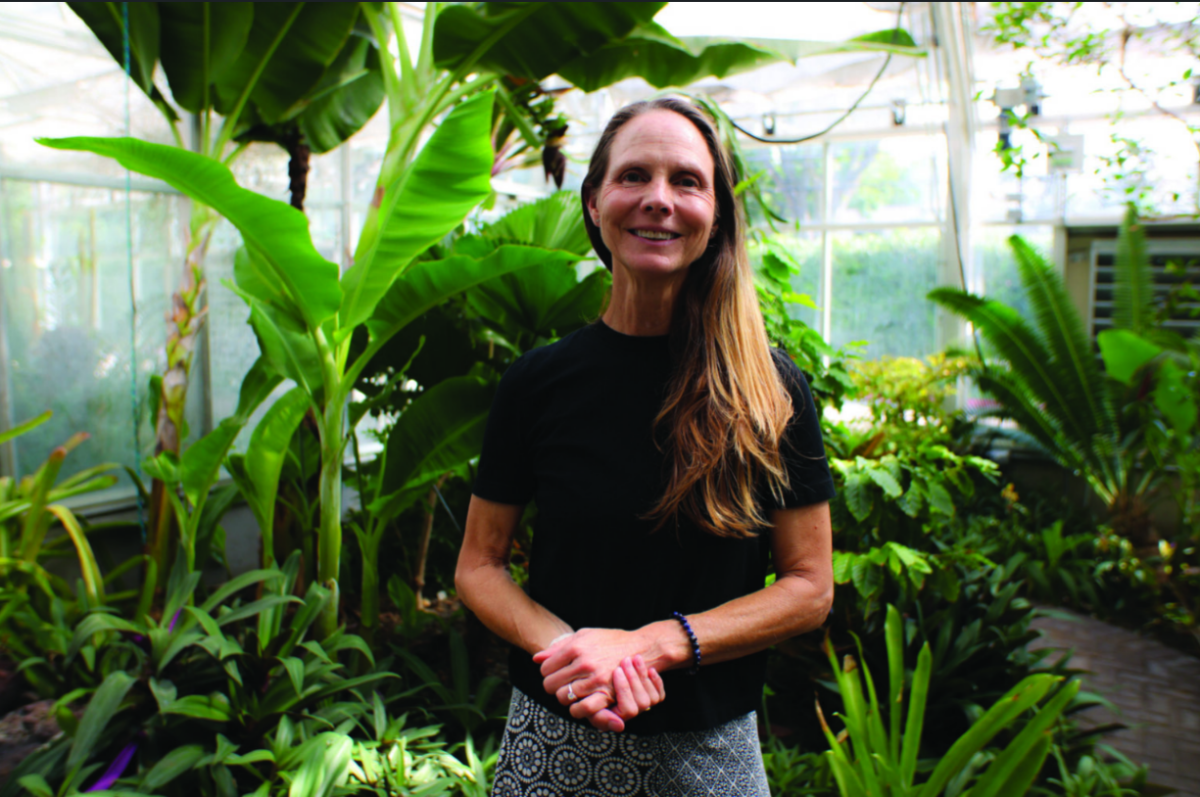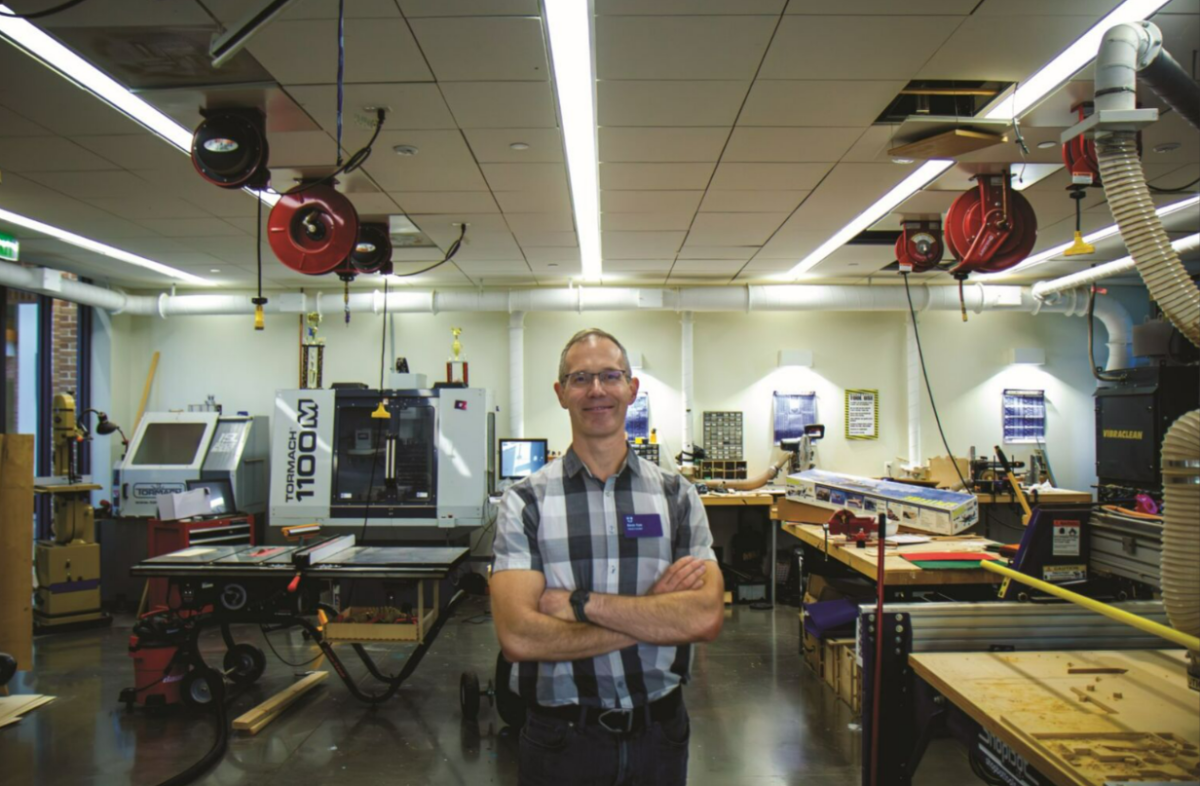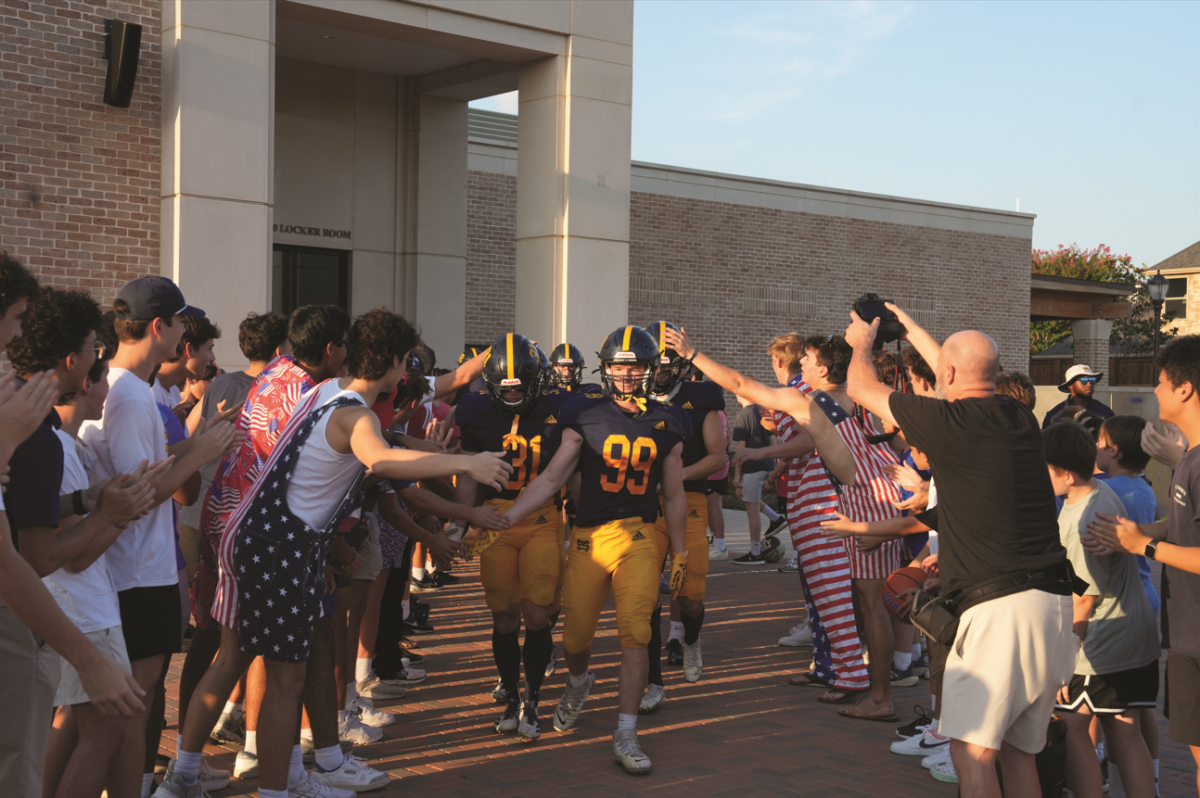Long before the word autism entered their vocabulary, the Aroul family could sense that something was different about their youngest.
The first signs were subtle.
He could never seem to meet their eyes. It didn’t raise any suspicions at the time. After all, he was only 6 months old.
By age 2, the diagnosis was clear.
At first, the signs were easy to brush aside. Many boys in the family had started speaking late, so when junior Guru Aroul’s brother was still struggling with words around age 2, it did not seem alarming.
It was only when daycare staff pointed out behaviors that set him apart, such as constantly avoiding eye contact and only spinning the wheels of a toy car during playtime, that the Aroul family began to wonder if something more was happening.
The family chose not to wait. They knew that if it was autism, the earlier they acted, the more time there would be to build the skills he needed.
“If we missed the window and only realized when he was 5 or 6 years old, we could not buy back the time we would’ve lost,” Guru’s mother, Ramya Aroul, said. “Providing support early on was life-changing.”
So they began therapy. They did everything they could: speech therapy, occupational therapy, physical therapy and music therapy.
And over time, the Aroul family has seen a tremendous improvement in all these areas. Still, there are challenges that take even longer to address, such as sensory overload.
For Guru’s brother, the sound of a cooker whistling might have been equivalent to a tornado siren. Even the hum of a Roomba felt like a hurricane.
Television, too, had to go. Even though the bright lights and constant noise might seem like an easy out for any child, TV poses a threat to people with autism who have sensory sensitivities.
According to the Hearing Health Association, people who experience this sensation associated with autism describe it as a burning, stabbing, and jabbing pain, almost like someone is pushing hot pokers into their ears.
So they hid the remote. Kept TV-watching occasions to once or twice a month, held at times late into the night after he would be asleep.
Ramya also highlights safety as a huge concern. One adult always has to watch him, since his hyperactivity sometimes leads him to unsafe play, like jumping down multiple stairs at a time.
Like many households with a family member on the spectrum, the Arouls decide who is in charge of him based on the schedules of Ramya, her husband and Guru.
For Guru, he knows it will be hard to balance a busy junior year and all of the work it brings with his life at home and taking care of his brother. But for him, taking care of his brother doesn’t seem like a chore. It’s just part of his life.
Outside of their home, they’ve had to avoid places like Costco on weekends and instead only shop at smaller, quieter stores, and they have never gone to a movie theater together as a family because Guru’s brother can’t handle the sound.
One of the hardest moments was at Guru’s school band concert when his brother screamed moments after starting, interrupting the pin-drop silence. Although it was pretty embarrassing, Ramya says it’s still a moment of bonding and memory that their family can cherish and laugh about in the future.
But the challenges extend beyond Guru’s brother and his family.
At gatherings, even small ones, the reactions stung. Other children avoided him because of his repetitive play. He could spend hours happily playing with his toys “incorrectly,” while the other kids dismissed him as strange.
What cut deepest were the reactions from adults.
At a religious gathering, when he walked on his toes and blurted out noises, other parents told the Aroul family they were being too soft, that they should force him to act “normally.” Put simply, calling them bad parents.
“In our culture, strictness is often equated with good parenting,” Ramya said. “Those comments made us question ourselves. Are we doing enough? Are we trusting therapy too much? Are we failing him?”
The problem, Ramya said, is that people don’t think he “looks autistic.” Media portrayals often show children who are profoundly autistic, or gifted savants who can solve equations to fly to Mars. Kids like Guru’s brother, whose traits are less visible, do not fit either of these extreme media stereotypes.
Rather, his symptoms are subtle and can be easily misread as stubbornness or defiance.
And yet, what others perceive as flaws are balanced by gifts.
Even when treated unfairly, Guru’s brother doesn’t dwell on it. He’s always ready to greet others, even those who wronged him, usually with a laugh and his favorite question: “Do you want to play with me?”
The challenges are definitely real, but so are the strengths. At just five, Guru’s little brother has what Guru calls ‘superpowers,’ a way of highlighting the strengths that shine alongside the differences.
“He can, at almost any point on the road, tell us the way to go home, the way to go to McDonald’s or wherever he wants to go,” Guru said. “He can tell us the route, including the roads and when to take a turn.”
One of his most surprising superpowers, however, is his empathy for his older brother. Despite the 11-year age gap, he seems to sense almost immediately when something is wrong, often noticing distress before anyone else does.
And without hesitation, he rushes to offer comfort, wrapping Guru in tight hugs.
“There was a time when Guru and his dad were arguing. Guru’s brother ran in between them, looked at his dad, and said, ‘Stop it. Don’t make Anna (brother in Tamil) upset.’ He started crying himself, saying, ‘Don’t make him cry,’” Ramya said. “It’s not just that Guru protects his brother. In many ways, it’s his brother who is protective of Guru.”
For Guru, his bond with his brother inspires a lot of the initiatives he works on today.
After watching how easily his brother was misunderstood, Guru decided that silence was not an option. He began speaking out to spread awareness, first in small ways: sharing his family’s story and designing simple posters that explained what autism is and isn’t.
The effort quickly expanded, leading him all the way to Washington, D.C., over the summer, where he joined other young advocates to lobby for the Autism CARES Act, a federal legislation that funds critical programs for diagnosis, research and support services.
For Guru, raising awareness wasn’t just about helping his brother; it was about making sure no family feels as isolated and afraid as his once did.
Out of this commitment grew a nonprofit dedicated to autism awareness and education. His organization, Go Beyond Infiniti, works on two fronts: equipping parents with resources to recognize early signs and teaching younger children that differences don’t make someone “weird” or “dumb.”
Through toy drives, partnerships with local clinics and creative projects like an instrument petting zoo where children could try instruments in a sensory-friendly setting, the nonprofit has already reached dozens of families and schools.
Guru frames the mission with quiet determination: change may not happen overnight, but if his efforts spark even a few others to join the cause, then the work is already worth it.
“I’m helping because of my brother and because it’s a cause that I’m passionate about,” Guru said. “I’m hoping to instill that same passion in other people. One person can’t do everything, but if I can just do that, I think that’s enough.”








